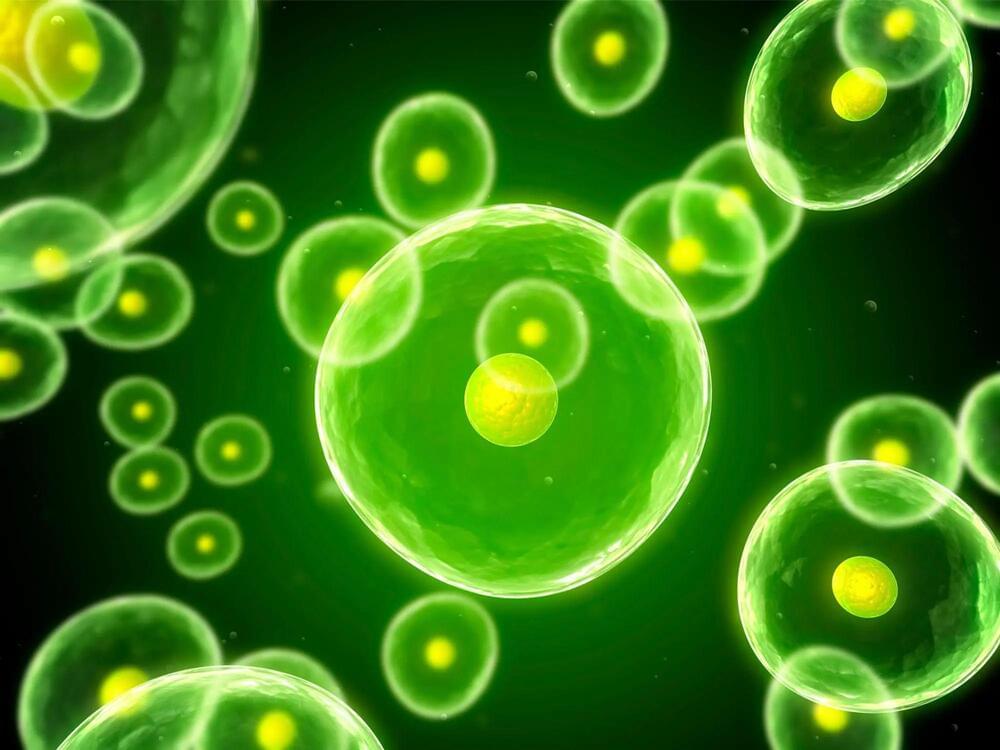Short-lived proteins control gene expression in cells and execute critical roles ranging from assisting brain connectivity to fortifying the body’s immune response. Originating in the nucleus, these proteins are swiftly degraded after fulfilling their purpose.
For decades, the mechanism behind the degradation and removal of these essential proteins from cells remained a mystery to researchers — until now.
In a cross-departmental collaboration, researchers from Harvard Medical School identified a protein called midnolin that plays a key role in degrading many short-lived nuclear proteins. The study shows that midnolin does so by directly grabbing the proteins and pulling them into the cellular waste-disposal system, called the proteasome, where they are destroyed.










Comments are closed.